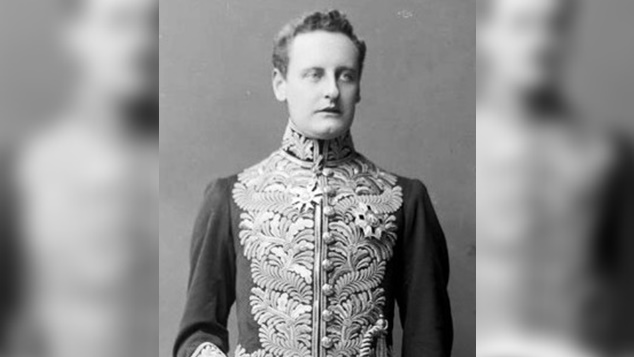
Lord Beauchamp was the 20th Governor of New South Wales, thirty years after he competed his term of service he was outed as a homosexual and forced into exile.
William Lygon, the 7th Earl of Beauchamp, was born on this day in 1872.
He served as the 20th Governor of New South Wales from 1899 to 1901. As was the practice at the time Governors were appointed by the monarch and sent from Britain to Australia. After his term of duty was complete his returned to England.
Lord Beauchamp was a prominent member of the British aristocracy and a member of the Liberal Party. He served as the Lord Lieutenant of Worcestershire and was also the first chairman of the National Trust.
However, in 1930, Beauchamp was forced to resign from his political positions and flee the country after his homosexuality was exposed by his brother-in-law.
His sexuality had been an ‘open secret’ in a high society, and he was known to have had love affairs with many men ranging from servants to other members of the aristocracy.
At the time, homosexuality was illegal in Britain and was considered a grave moral and social offense. Beauchamp’s exile was also fueled by the intense public backlash against his homosexuality.
Beauchamp’s fall from grace was swift and shocking, and it had a lasting impact on his political career. He was never able to fully recover from the scandal and remained in exile until his death in 1938.
He spent his time living in different gay hot spots across the globe. He died of cancer in New York City aged 66.
Lord Beauchamp is often assumed to be the model for the character Lord Marchmain in Evelyn Waugh’s novel Brideshead Revisited.
OIP Staff, AI technology was used to generate parts of this post.
You can support our work by subscribing to our Patreon
or contributing to our GoFundMe campaign.





